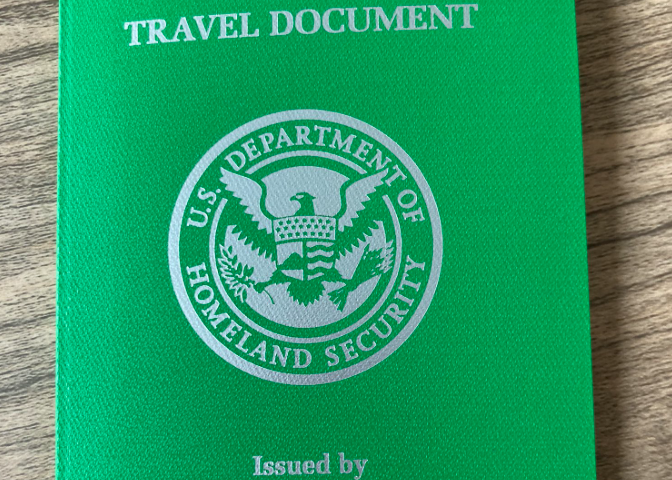Blog
Related Articles

Humanitarian visa
What to do if you face Permanent Bar and want to adjust your status?
Hola mi gente. This is attorney María Mendoza, and today I want to address an issue that conc...
 María Mendoza
María Mendoza
Published: November 19, 2024

Humanitarian visa
Humanitarian Visas in the United States: What Do VAWA, T, and U Visas Forgive?
If you’ve ever thought that your past might prevent you from obtaining legal status in the Uni...
 María Mendoza
María Mendoza
Published: March 21, 2025

Humanitarian visa
Humanitarian Visas for Domestic Violence in the United States: What They Are, How They Work, and Waiting Times
Domestic violence leaves deep scars—not only physical and emotional but also legal. Many survi...
 María Mendoza
María Mendoza
Published: April 18, 2025

Humanitarian visa
How do Travel Documents work and how to get one
Living in the US without documents can imply, for certain people, to reach up to 30 years (or even m...
 María Mendoza
María Mendoza
Published: August 8, 2023

Humanitarian visa
Humanitarian Visas: Relief for adverse situations
The Humanitarian Visas, despite having entered the country unlawfully, having several unlawful ...
 María Mendoza
María Mendoza
Published: January 9, 2024